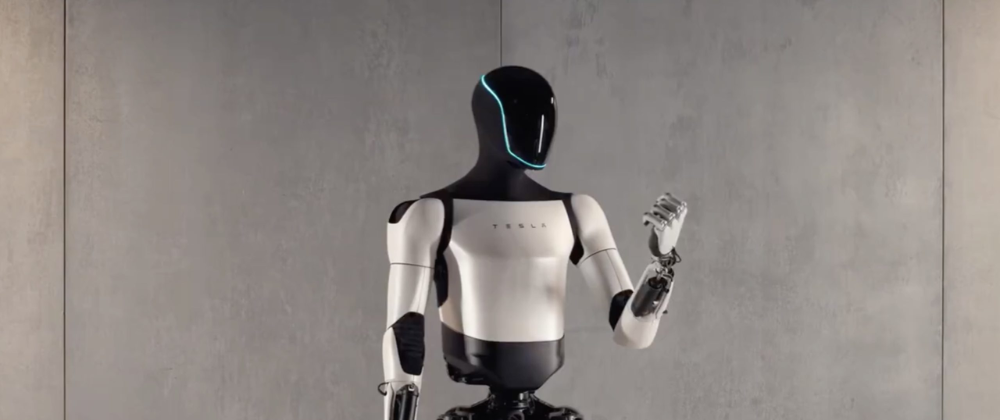In a bold move, Tesla CEO Elon Musk has announced that the company's Optimus "sentient humanoid robot" could start selling by the end of 2025. This ambitious timeline underscores Musk's vision for Optimus to become a game-changer in the robotics industry.
According to Musk, Optimus will be able to perform tasks in Tesla's factories by the end of 2024, marking a significant milestone in the robot's development. Musk went on to claim that Optimus will become more valuable than Tesla's other products combined, highlighting his confidence in the robot's potential impact.
The announcement has generated significant buzz within the tech community, with experts weighing in on the feasibility and implications of Musk's projections. While some express cautious optimism, others remain skeptical about the timeline and the robot's ability to deliver on its promised capabilities.
"I think Tesla is best positioned of any humanoid robot maker to be able to reach volume production with efficient inference on the robot itself," Musk stated, emphasizing Tesla's technological prowess in the field of AI and robotics.
The development of Optimus is part of Tesla's broader strategic shift towards becoming an "AI or robotics company" rather than just an automotive manufacturer. Musk believes that the company's expertise in autonomous driving and AI will give Optimus a competitive edge in the rapidly evolving humanoid robotics market.
Experts, however, have raised concerns about the practical challenges in achieving the advanced functionalities and reliability required for Optimus to be widely adopted in industrial settings. Animesh Garg and Jonathan Aitken, experts in AI robotics and robotics, respectively, have highlighted the need for Optimus to demonstrate robust and versatile features beyond basic tasks like locomotion and object manipulation.
"The timeline for Optimus's full-scale integration into various applications remains a point of contention among experts," the report states, underscoring the skepticism surrounding Musk's ambitious projections.
Despite the skepticism, the global humanoid robot market is expected to experience significant growth in the coming years, with estimates indicating a substantial increase in market value. This trend suggests that the potential for humanoid robots like Optimus to disrupt various industries is real, though the path to widespread adoption may be more gradual than Musk's timeline suggests.
As Tesla continues to push the boundaries of innovation, the development of Optimus will undoubtedly be a closely watched endeavor, with the success or failure of the project serving as a litmus test for the company's technological prowess and strategic vision.






Latest comments (0)